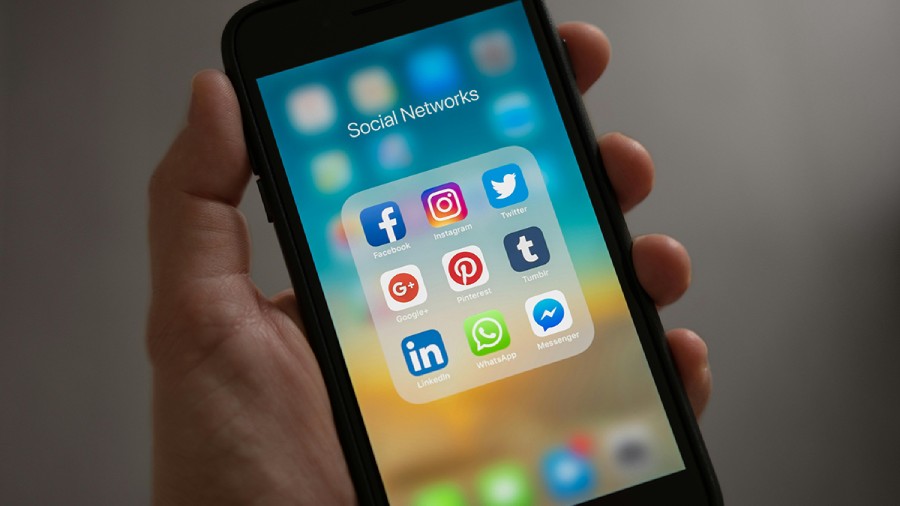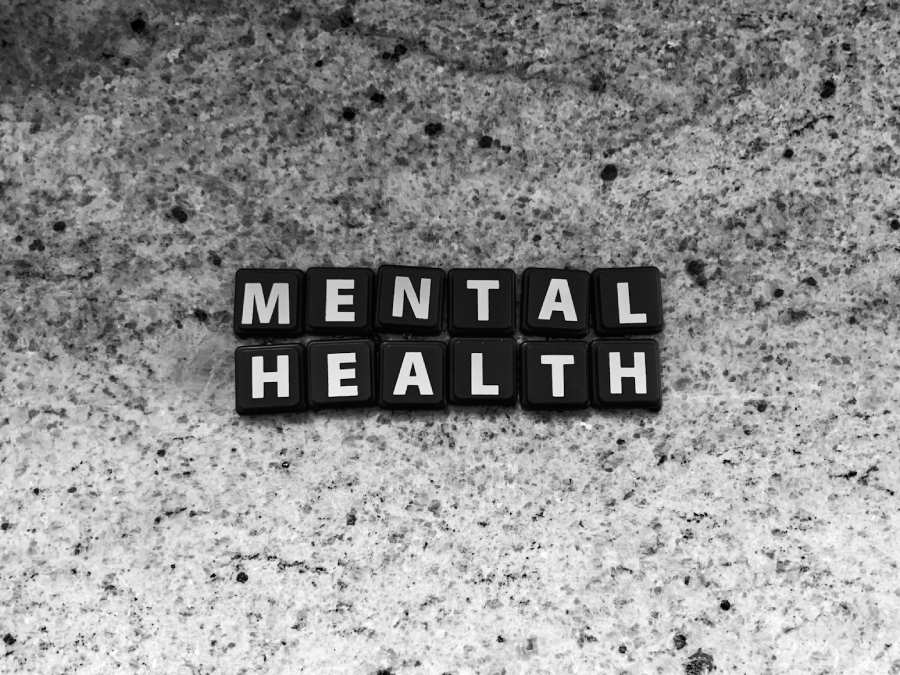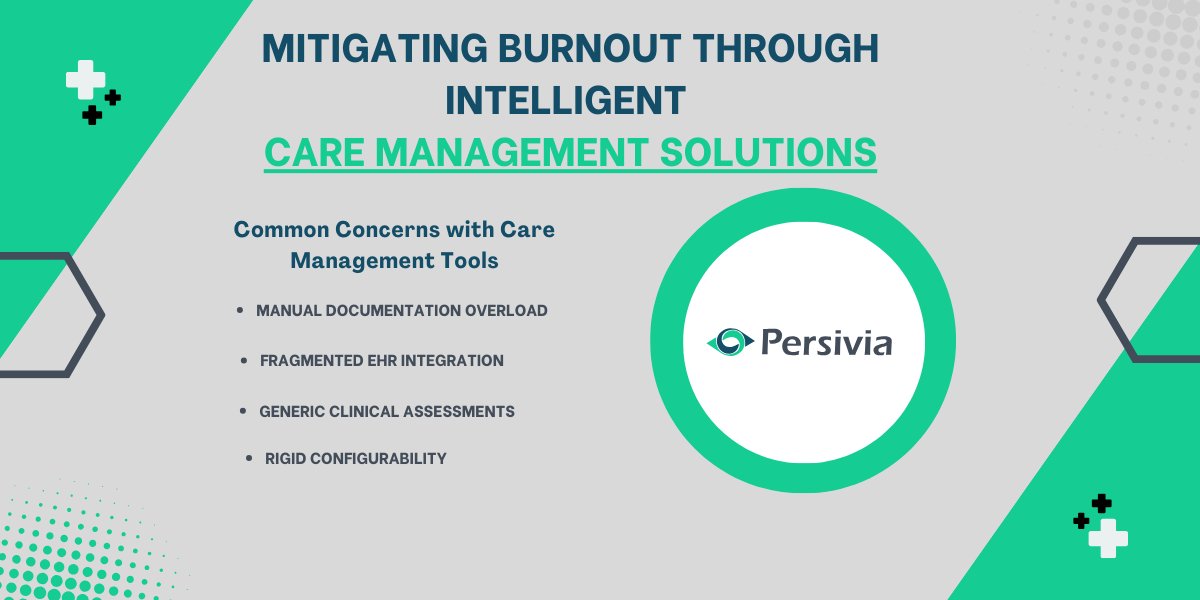
The Benefits of Reducing Your Digital Footprint
We're dominated by digital connections. The average person spends six hours and 40 minutes online daily. Almost everything we do is online. And what does that do? Leave a digital footprint that's risky for us. There were over 300 million victims of data breaches in the US - a record-breaking number. From the videos we stream to the comments we leave on social media, our digital activities can significantly impact our privacy, security, and even mental health. But what if we decided to minimize these traces? Read on to find out.
Enhanced Privacy and Security
Reducing your digital footprint is essential for enhancing your privacy and security. One of the best ways has to be using data broker removal services. And that's not the only thing you can do - it's about being more careful with what information you put online, where you put it, and the permissions you give people to use it.
Here's how minimizing your online traces can protect you:
Reduced Risk of Identity Theft: All your personal information online increases your vulnerability. Less information available means fewer opportunities for identity thieves. Data removal tools can help with that.
Fewer Data Breaches: With less personal information stored across different platforms, the impact of potential data breaches on your life can be minimized.
Decreased Surveillance Opportunities: Minimizing data shared online reduces the likelihood of being continuously monitored by legitimate and malicious entities.
Limiting Hacker Exploits: Every digital record is a potential entry point for cybercriminals. If you reduce these entry points, you diminish the chances of your data being misused.
Reduced Exposure to Targeted Advertising
Have you noticed how ads seem to follow you around the internet after you've searched for a product? There's a conspiracy theory that Apple and Google (or any device) are always listening to us. And in a way, they are because we gave them permission to do those things like cookies, data sharing, and mailing lists.
By reducing your digital footprint, you can decrease the amount of targeted ads you encounter daily. That declutters your browsing experience and limits the extent to which companies can monetize your personal information.
Improved Mental Health and Well-being
There's an undeniable link between digital footprints and social pressure. Constant updates on social media lead to comparison, dissatisfaction, and anxiety. If you're reducing your digital footprint, you can mitigate these feelings. That might mean sharing less on social media, engaging in more meaningful ways, or even taking time off from digital platforms to focus on offline activities.
Algorithms will determine what you see on social media by how long you stay on a post or the things you like - changing habits can also influence what you see.
Control Over Your Professional Image
Your digital footprint can be a first impression. Potential employers, colleagues, and business partners frequently look to the internet to learn more about you.
A minimized digital footprint can ensure that what they find is controlled and curated. It can reflect your professional qualifications and personality accurately. It's about strategically managing your online image.
Reducing your digital footprint is more than a security measure. It's a lifestyle change that offers numerous benefits. And we'd go as far as to say it's almost essential. We've given you the statistics about data breaches and the implications; reducing your digital footprint can prevent that. Not completely - but it can reduce the likelihood.

Law Firm Management: How Technology is Driving Efficiency

Most Popular Social Networks: Dominating Online Platform







